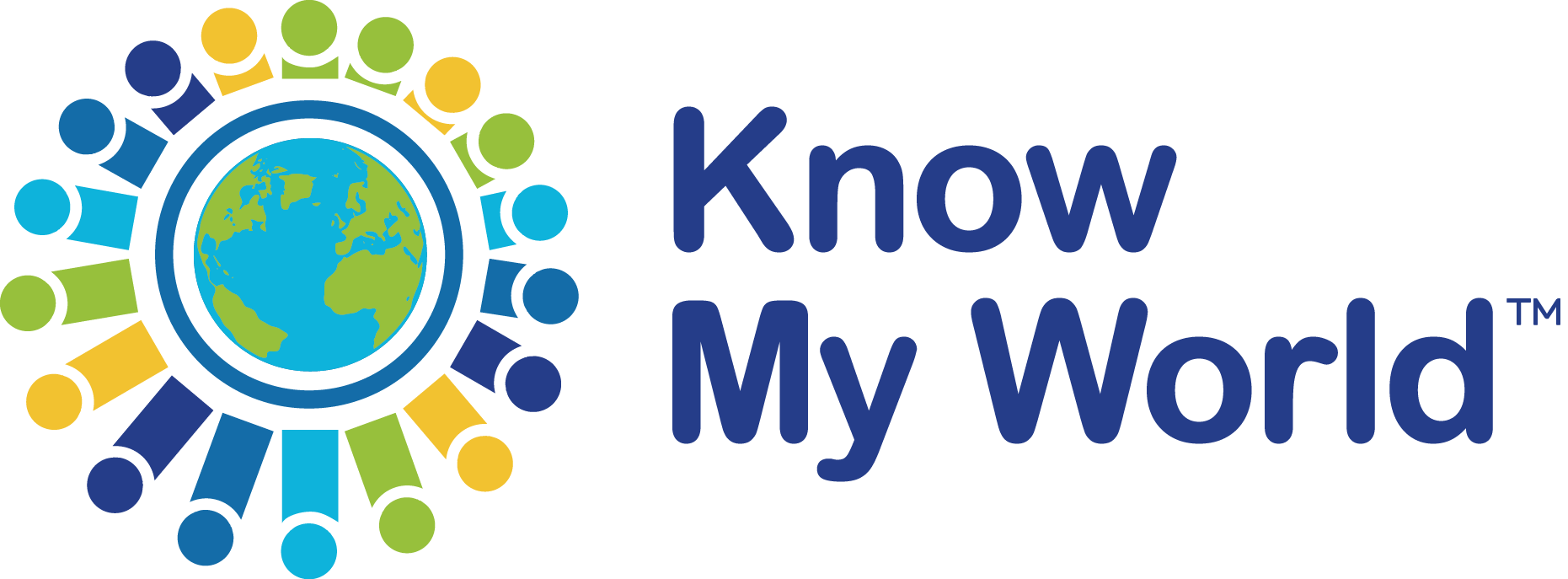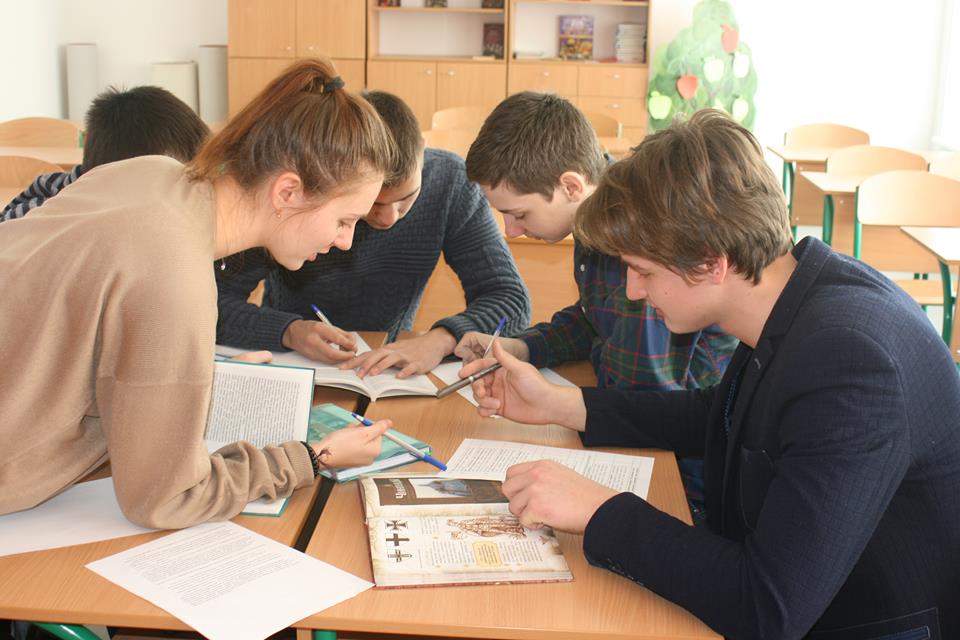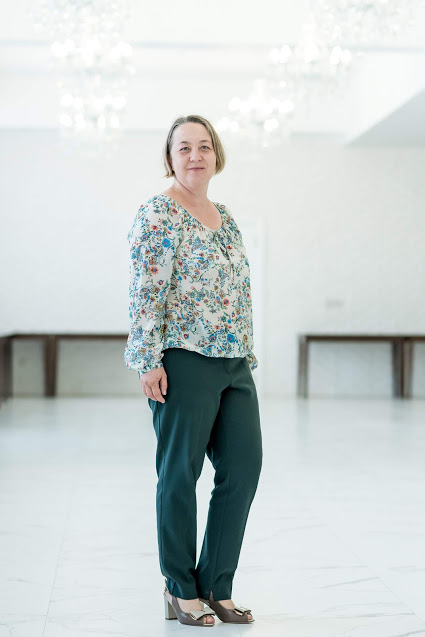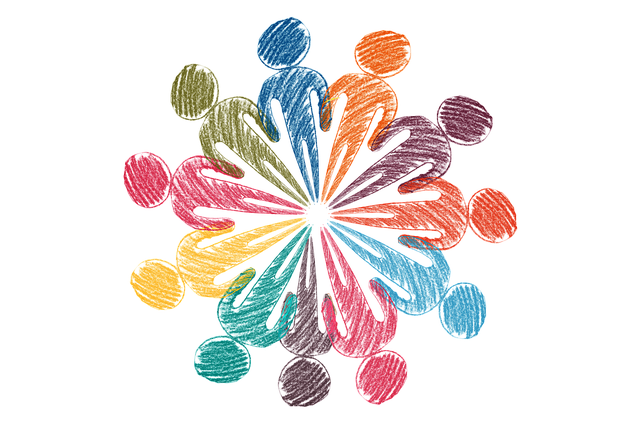Guest Article by Inna Remez, School of Solone and
Feshchenko Evgen Leonorovich, Ph.D
The development of global education in Ukraine has significant contrast to countries in which democratic values are traditional foundation of civil society. Root difference is that on the moral and aesthetic values and ideological foundations of Ukrainian society throughout long historical period pressured soviet totalitarian system. Through massive repression and harassment, aggressive ideological propaganda communist regime imposed on people anti-humanistic values: spiritual isolation societies and hostility to other peoples, chauvinism and cultural assimilation of other nations, total control over the spiritual life citizens by the state.
Despite significant changes that were realized in the process of democratization civil foundations, totalitarian ideological concepts. Multiculturalism, understanding and interaction with people of other socio-economic traditions, gender, cultural and religious beliefs did not become common social values in Ukraine.Therefore, the development of global Education is not only an urgent task of our time, but also closely connected with the question of the very existence of Ukrainian society.
Reforming public consciousness to a large extent constrained by the obsolescence of Ukraine’s education system concepts and approaches. Learning by students is based mostly at reproductive level not requiring use cognitive learning skills. Thus, the condition of effective implementation of the global education program within the framework of the Ukrainian state system is a two vector direction pedagogical activity. First, the formation of global values must be accompanied by active efforts to eradicate the effects of totalitarian exposure. Secondly, wide participation in international projects that functionally act as corrective factors of the educational process and are aimed at establishing interconnections and interactions with people belonging to other socio-economic and cultural traditions.
This article presents the global development experience education in a provincial Ukrainian school located in rural area. The main goal of development was chosen social emotional area of global civic education. This goal is aimed at developing students’ skills and practices, tolerant perception of different views on events and phenomena the world around us, the ability to explain the reasons for these differences. Perception global challenges based on the ability to project these problems at the local level, the awareness of their country in the global scale, and the world as a single whole phenomenon.
“We incorporate cultural exchange into core curriculum through virtual international exchange enabling students to have direct communication with children their own age living under significantly different circumstances. “
Unlike the traditional education system, getting new knowledge is based on the study of original materials: historical documents, artifacts, museum exhibits, family relics, photos and videos. Variety of classes guarantees the maintenance of high cognitive activity of students. These are individual and group forms, problem discussions. presentations, video conferencing, integrated learning with multiple teachers, etc. School curricula include courses in Ukraine Swiss Project “Education for Democratic Citizenship and human rights education in school practice. ” Pupils study the course “Civic Education”. The course is implemented in all the school curriculum.
Students should identify customs, topics, historical debate and practice on which people in different parts of the world have varying opinions or attitudes and ways of expressing them and then be able to explain the reasons behind these differences. They also can navigate societies, work in cultures understand and speak languages other than their own, understand their country or their home in global terms, understand the relationships between the home country and other places in the world. Nowadays students need to be able to empathize with others, value diverse cultures, understand how events around the world are interconnected and solve problems that transcend borders. For students to participate effectively in global community they will need to develop global competence: the attitude, knowledge and skills need to live and work in today’s interconnected world and to build a sustainable. inclusive, peaceful world for the future. 21st century skills needed for employment in future global economy. Students also need global competence to participate empathetic, engaged and effective citizens of the world. We integrate global education in our classroom via participation in international programs, projects and exchanges to help students grow into 21 st century global learners. ICT give us opportunity to engage students into cross-national internet-based exchanges. We incorporate cultural exchange into core curriculum through virtual international exchange enabling students to have direct communication with children their own age living under significantly different circumstances. Students have the opportunity to travel to another country without leaving their own school.
Our strategies are integrating global topics and perspectives across content area we often use original resources that represent diverse cultures, providing real-world audience for students to engage with around global issues nowadays and in the past.
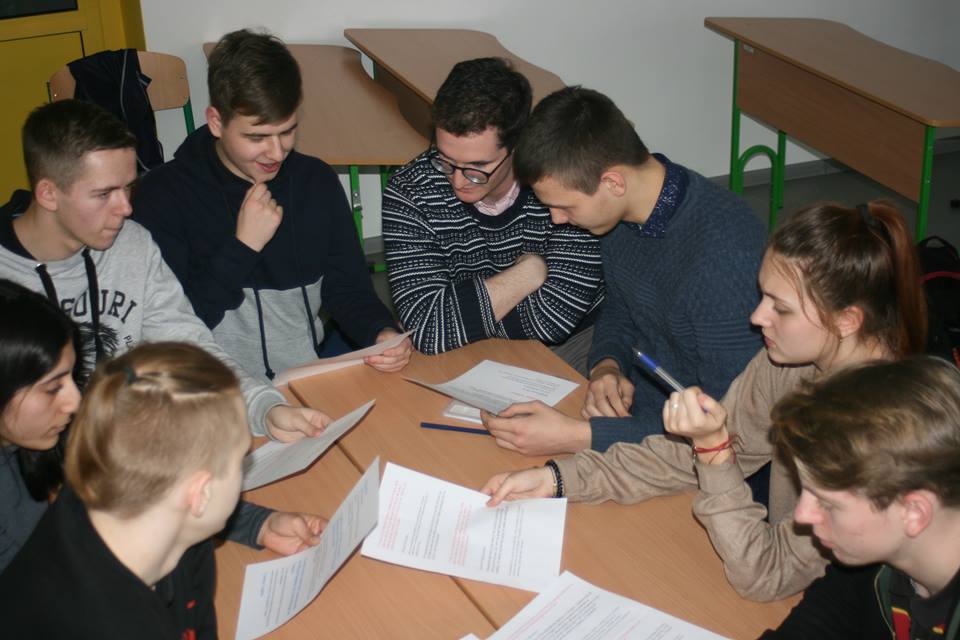
We use digital storytelling collaborating online, students create and share multimedia stories about their own lives and cultures, history of their families, memories, spoken history, family values overcoming classroom isolation, teaching with another teacher who may be far away and teaching with new and sometimes unfamiliar technologies.
ICT tools help us to create virtual learning space. Physical spaces in the classroom can be connected to virtual spaces. Classrooms can create international learning teams with students of the world and then use apps such as Padlet, Kahoot, Flipgrid, Google Classroom in global collaboration and projects. Video-conferencing platforms like Google Hangouts and Skype in the classroom allow students to connect to the world through conversations and sharing their opinion.
“Know My World exchange is a great tool to establish global values, develop collaboration and exercise social, emotional and cultural learning. “
We try to solve global problems at our local level. Project-Based Learning is the most suitable teaching method to gain knowledge and skills by working for extended periods of time to investigate discussing and responding to engaging and complex questions, problems and challenges. We are looking for ways to help students form future democratic society through appreciating cultural diversity, building awareness about global issue and develop global competence. Our global education began when we started taking part in Know My World exchange. We have been lucky enough to have participated in some exchanges. It was a new experience for us and it should be implemented in school curriculum. This took the form of exchanges with schools in other countries, service-learning projects, working in teams to diverse and debate about real-world problems such as history outlook (Ukraine-USA exchange), ecological audit (Ukraine –Ivory Coast exchange), life of teens in different countries(Ukraine –USA exchange), connecting the global experience to the classroom through informal conversation, problem solving, discussions around artifacts, photos and lesson plans. Know My World exchange is a great tool to establish global values, develop collaboration and exercise social, emotional and cultural learning.
